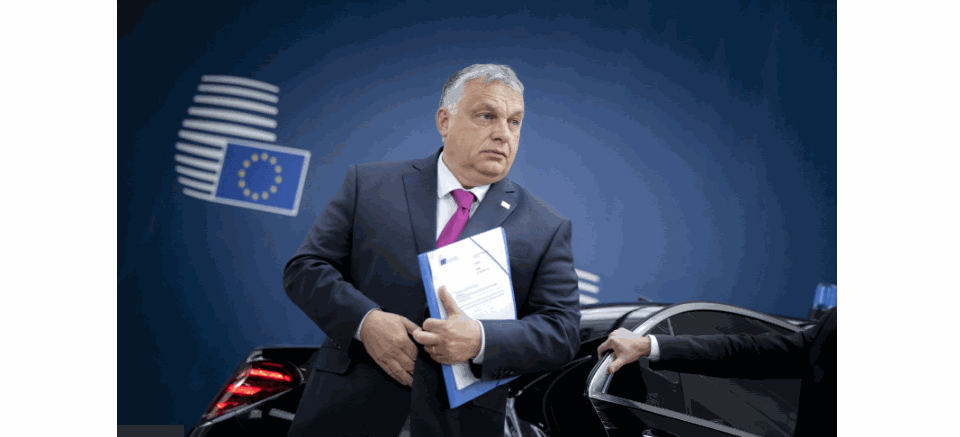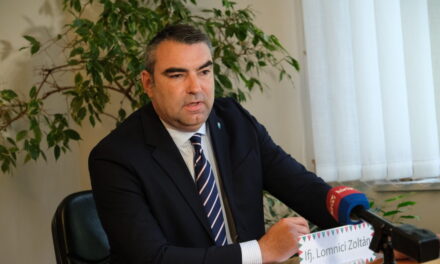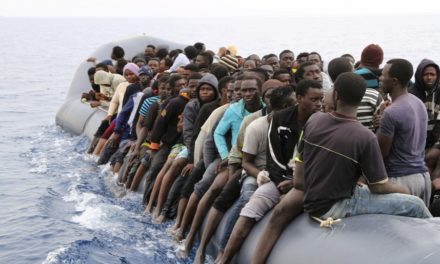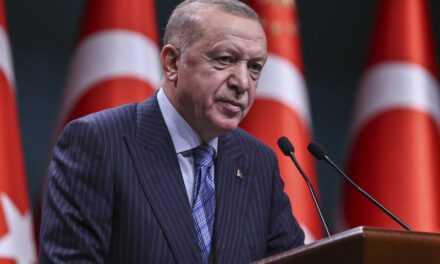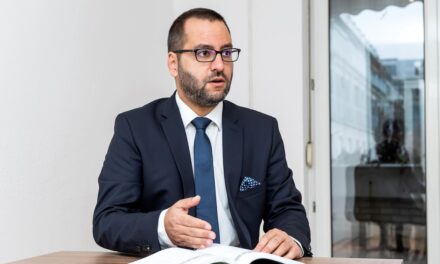Photo: origo.hu / Zoltán Fischer
As we indicated in the morning, the extraordinary summit meeting of the heads of state and government of the 27 EU countries has begun, in which Prime Minister Viktor Orbán will also participate. Although the meeting itself was planned for two days, news leaked out during the day that even more time was needed for the decision. Below, based on Origo's writing, we summarize who and what they expect from the meeting and what has happened so far.
The solution that the European Council wants to choose is good for Hungary, that the embargo only covers crude oil arriving from Russia via sea transport, and not oil arriving by pipeline, Prime Minister Viktor Orbán stated in Brussels, arriving at the summit. He stated: it is also important that if anything were to happen to the oil transport coming from Russia by pipeline, i.e. Russian oil would not arrive via the pipeline, then Hungary should have the right to purchase it by sea and deliver it to the country in another way. (Note: the prime minister was obviously referring to the Friendship oil pipeline running through Ukraine without saying so.)
"This is the guarantee we need. If today I reach the guarantee that we asked for, then we are safe", said the Prime Minister.
He added that “However, the current proposal is wrong. Solutions are needed first, then sanctions," he underlined.
The Prime Minister said that Western European oil companies primarily collect profits from EU sanctions, which means that they are the biggest winners of the sanctions policy.
Hungary cannot get extra profit because it would have to make investments, including the construction of pipelines and the conversion of oil refineries, which would cost a lot of money, Viktor Orbán said. Thus, the product would ultimately be more expensive for the Hungarian people than it is now. "We will not allow this to happen," he emphasized.
In the morning, the New York Times wrote about Viktor Orbán's successful resistance. The hope that the standoff with Hungary over the Russian oil embargo could finally be resolved has faded, the newspaper wrote. In other words, the prime minister is successfully defending himself against the Hungarian people paying the price of the war and sanctions.
They are constantly trying, but the attempts to get Hungary to support the sanctions against Russian oil have failed to achieve a breakthrough, the European edition of Politico wrote today. According to the Brussels-based portal, before Monday's summit of EU leaders, Hungary was unsuccessfully persuaded to support the Russian oil embargo plan until the last moment. According to Politico, "Hungary has been the most vocal country in weeks to block EU-level sanctions on Vladimir Putin's oil industry, citing fears over energy supplies." They add that other countries have also expressed concern about the sanctions package, although Brussels still expects an agreement to be reached in the end.
Viktor Orbán refrains from discussing the oil embargo proposed by the EU at the EU summit, the Financial Times wrote today. The portal wrote that the Prime Minister is not willing to discuss the package and that the oil embargo plans in Brussels are "hanging by a thread". According to the FT, the European Commission spent most of May trying to win over member states, but failed to convince Hungary and other landlocked states heavily dependent on Russian oil, such as Slovakia and the Czech Republic, to support the package.
Manfred Weber, the leader of the European People's Party (EPP) group in the European Parliament (EP), spoke in an interview early in the afternoon "Honestly, I'm tired of Viktor Orbán dictating the pace," said the Bavarian Christian Social Union (CSU) politician. If the Hungarian government "refuses to give up the blockade", then it must be achieved that the EU can move forward leaving the "slowest" behind, he added. As he said, "Orbán cannot play with us", if necessary, it is possible to move forward even without a joint, unified decision at the EU level, because the member states can introduce the embargo individually, based on intergovernmental agreements.
German Chancellor Olaf Scholz spoke at 4:30 p.m. No one can predict whether a solution will be found, but everything I hear sounds like a consensus can be reached.”
Sanna Marin , arriving at the summit in Brussels, when asked if she supports sanctions-free oil coming through pipelines, said it is important that the sanctions package be tough enough to really affect the Russian economy.
Ursula von der Leyen, the president of the European Commission, appeared pessimistic when she arrived at the EU summit and stated that her "expectations are low" that the EU leaders will reach a final agreement on the Russian oil embargo, but she still has confidence in it.
Late in the afternoon, the following post appeared on Prime Minister Viktor Orbán's social media page: "At stake is Hungary's energy supply and the future of Hungarian families."
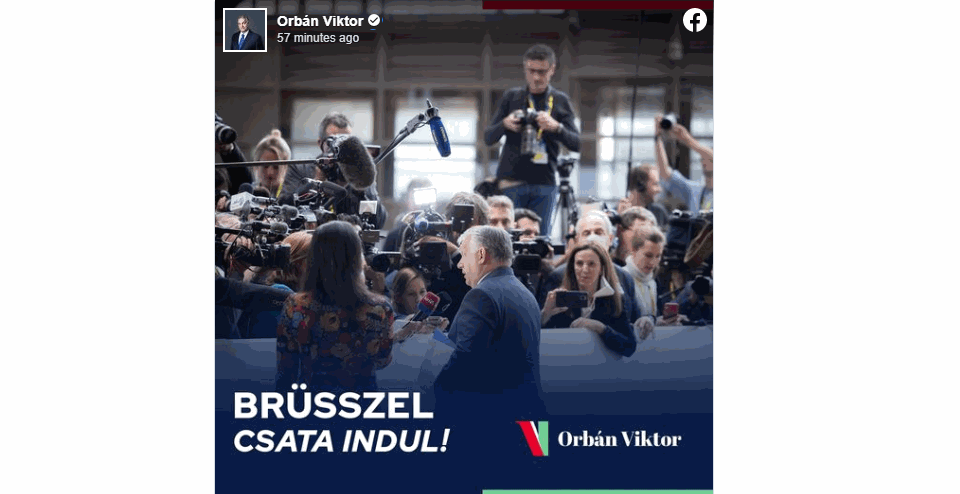
At the beginning of the two-day summit, the politicians discussed the situation in Ukraine, and Volodymyr Zelensky also checked in via video. We will continue to summarize the events on Tuesday.

